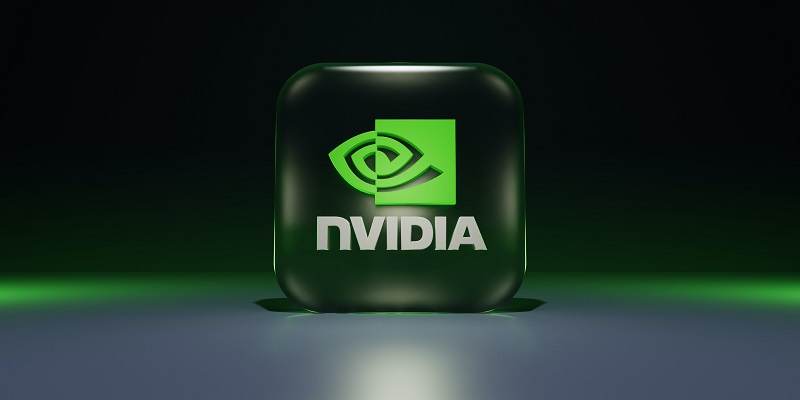The world of artificial intelligence (AI) is rapidly evolving, driven by the growing trend of generative AI (gen AI). At the forefront of this transformative wave is Nvidia, the dominant supplier of GPUs (Graphics Processing Units), which power the advancements in AI. The demand for gen AI is providing powerful momentum for Nvidia, positioning them as key players in this era of accelerated computing.
Accelerated Computing and the Dawn of a New Era
Nvidia’s CEO, Jensen Huang, recently highlighted the significance of accelerated computing during the company’s earnings call. He stated that the increasing demand for AI marks the dawn of a new era in computing. The combination of Nvidia’s GPUs and AI technologies is enabling breakthroughs and fueling innovation across multiple industries.
Understanding General Purpose Computing
To grasp the transformative potential of accelerated computing, it is important to understand the concept of general-purpose computing. Unlike specialized processors, general-purpose CPUs are designed for a broad range of tasks. Accelerated computing, on the other hand, harnesses the power of GPUs to process large amounts of data and perform complex computations at a much faster rate than traditional CPUs.
Limitations of accelerated computing and GPUs
While accelerated computing and GPUs have revolutionized AI and enabled remarkable advancements, it is important to acknowledge that they may not be the answer for every software need. Certain applications and tasks may be better suited for other computing technologies, urging developers and businesses to carefully consider the specific requirements of their software.
Potential Limits of the Current Generation AI Boom
Despite the unprecedented progress in the field of general AI, there is speculation about reaching the limits of the current generation of AI advancements. As language models and other AI algorithms become increasingly sophisticated, the computational demands grow exponentially. This brings into focus the need to explore alternative solutions that can handle the monumental datasets and complex algorithms required for future AI endeavors.
Towards the Second Wave of AI Innovation
Taking a broader perspective, we can view the current AI boom as merely the first wave of AI innovation. Looking ahead, we anticipate the emergence of new models and open-source technologies that will redefine the capabilities of AI systems. Additionally, with the advent of ubiquitous and affordable GPUs, the barriers to entry in the AI space will significantly decrease, allowing for widespread access to the power of AI.
The Importance of Ubiquitous and Cheap GPUs
One of the key factors that will shape the future of gen AI is the availability of ubiquitous/cheap GPUs. As more companies enter the market to manufacture GPUs, and innovations in production and design drive down costs, the accessibility of this vital technology will increase. This accessibility will not only empower established players but also pave the way for new and disruptive applications of AI across various sectors.
Broadening Sources and Reducing Prices of GPUs
To unleash the full potential of Gen AI and drive the next wave of innovation, it is essential to broaden the sources for GPUs and reduce their prices. Currently, GPUs remain a scarce technology, primarily supplied by a few dominant players. Diversifying the sources of chips and fostering healthy competition will not only lower the costs associated with GPUs but also promote innovation and accelerate the development of new applications.
A Bright Future for Gen AI
Despite the existing limitations of the current generation of models and applications, the future for general artificial intelligence (gen AI) appears bright. The ongoing advancements in hardware and software, combined with the relentless pursuit of AI researchers and developers, provide a solid foundation for further innovation. The potential for gen AI to revolutionize industries, from healthcare and finance to transportation and entertainment, is immense.
The productivity unleashed by generative AI
At the heart of Gen AI lies generative AI models, which have the potential to unleash the next wave of productivity advancements. These models can create new content, design innovative solutions, and drive creativity at an unprecedented scale. With Gen AI, the possibilities for productivity gains are limitless, leading to transformative changes across industries and revolutionizing how we work and live.
Gen AI is reshaping the landscape of accelerated computing, with Nvidia at the forefront of this revolution. As the demand for Gen AI continues to grow, the importance of accelerated computing and GPUs becomes increasingly evident. However, it is crucial to consider the limitations of these technologies and explore new approaches to fuel the next wave of Gen AI innovation. By broadening sources, reducing prices, and fostering an ecosystem of collaboration, the transformative potential of Gen AI can be fully harnessed, ushering in a future defined by unprecedented advancements and productivity gains.

